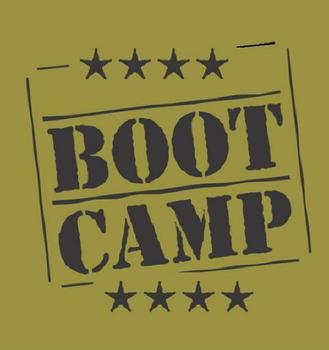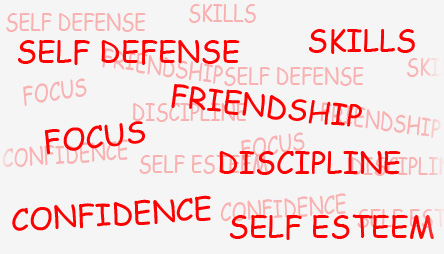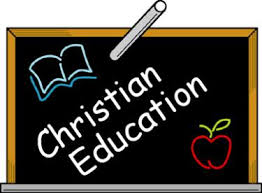What are Boarding Schools?
Many people have asked us, what are boarding schools? In this article we will discuss specifically what boarding schools for troubled youth are. There are several different types of boarding schools, but almost all boarding schools have the students reside on campus and provide academics to those individuals. Keep reading to learn more about boarding school options for troubled youth, military boarding schools, all-girls or all-boys boarding schools, and more.
What are the different types of Boarding Schools?
College-Preparatory Boarding Schools – these schools specialize in preparing students for college or more likely university. A college-preparatory boarding school is good for students whose goal is to achieve academic superiority. Classes tend to be typically smaller than public schools. College-preparatory boarding schools are not appropriate for students who struggle with drugs or alcohol or have emotional or behavioral problems and thus would not be a good option for troubled youth. College-prep boarding schools typically have a traditional academic school year. Some college-prep boarding schools specialize in different areas such as:
- All-boys or all-girls boarding schools – more boarding schools are moving away from the single sex boarding schools, but there are still several out there. These schools are good for students who do not want the opposite sex distraction.
- Military boarding schools – these boarding schools add the military structure while preparing students for college. See Military Schools.
- Creative Arts Boarding Schools – these boarding schools teach and prepare students for specialized careers such as musicians, actors, creative writers, and dancers. These schools are good for students who are artistically inclined and who plan to attend a specialized college, university, or music conservatory.
- Christian Boarding Schools – these boarding schools include a religious component to their schooling. These schools are good for students who want to make sure that religion is part of their life while at school.
Junior Boarding Schools – these boarding schools are for student who are in 8th grade or lower. Some junior boarding schools do provide living acommodations while others, especially for younger elementary school aged children, may be strictly a day school that doesn not keep kids over night. A junior boarding school may take troubled youth or youth that need some specific direction. With focused curriculum and 24 hour a day supervision, these schools are designed to help boys and girls learn and grown not only academically but also socially and emotionally. At a junior boarding school children will learn responsibility and learn how to make good choices.
Therapeutic Boarding Schools – also known as Residential Treatment Centers – these boarding schools add a therapy component. Therapeutic boarding schools are designed specifically to provide structure, discipline, and supervision for toubled youth dealing with substance abuse issues, learning difficulties, or behavioral problems that keep them from leading a normal, productive life. As with any boarding school, potential candidates and their families will want to research the school and staff in-depth to find out if the school is accreditated and if the teacher and staff are certified to other the kind of care and/or treatment that will be required by the troubled youth.
Specialty Boarding Schools – also known as Behavior Modification Schools – These schools specialize in students who are having emotional and behavioral problems and having a difficult time in a traditional school setting, but do not necessarily require therapy. These schools are typically long term and have a major emphasis on character building for troubled teens. Specialty boarding schools are usually year-round schools. Speciality boarding schools can also be any boarding school that has a major area of focus religion, arts, military, or any other special interest.
How much do Boarding Schools cost?
Boarding schools costs range from under $2,000 to over $6,000 a month. Because most boarding schools include academics, they qualify for educational loans like those offered from PrepGATE or SalleMae. Some boarding schools may offer financial aid, scholarships, or other tuition assistance programs. Boarding school costs are going to vary a great deal depending on the type of program they offer.






